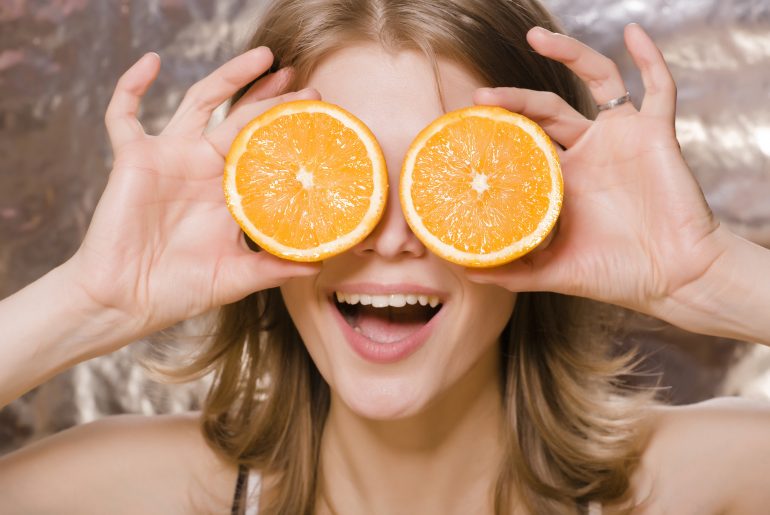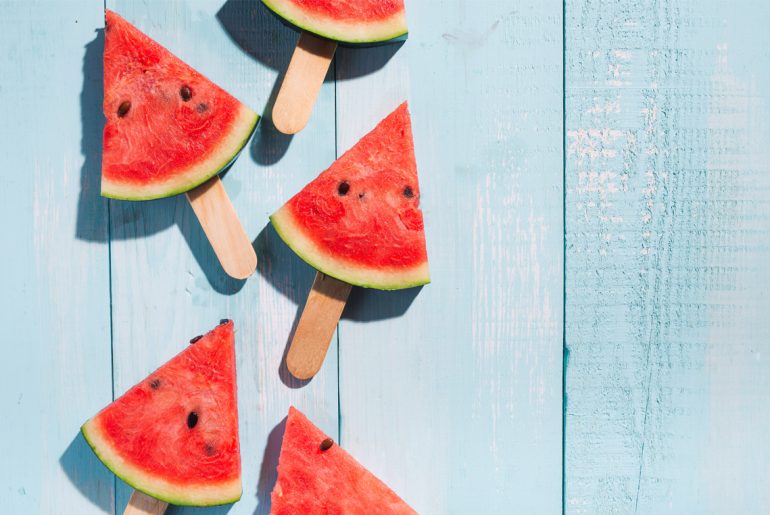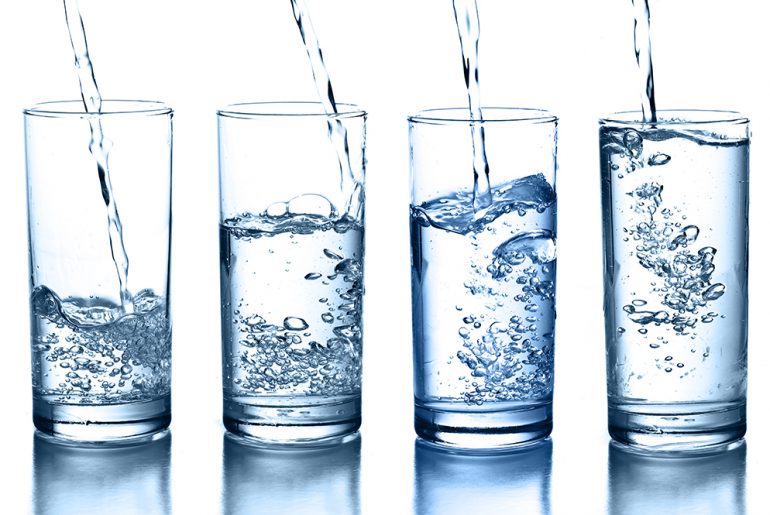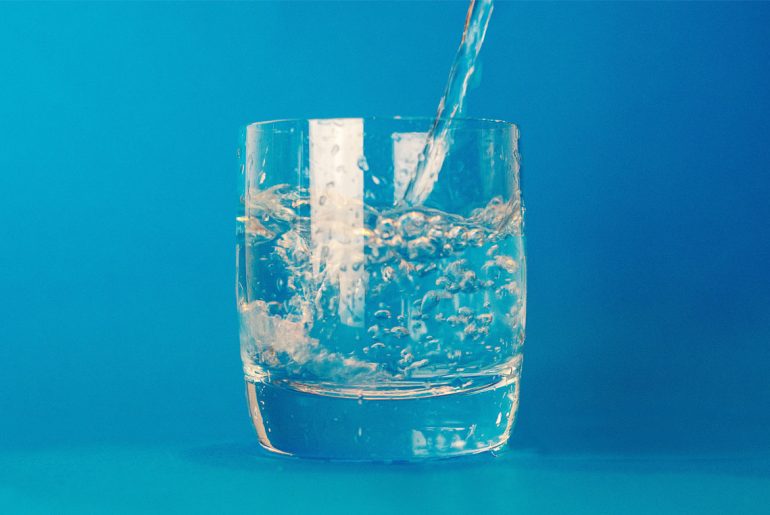Long summer days are made for backyard barbecues, poolside picnics, and rosé all day. But all of that sunshine can have real consequences for your skin. The good news is that there are tons of delicious foods you can eat to help your skin recover from all of the summer excess — and also keep your complexion glowing long after the warm-weather has faded. “There’s a big impact on how much your diet can effect the health of your skin,” said Dr. Ivy Lee, M.D., a dermatologist in private practice in Pasadena, California and clinical assistant professor at the University of Southern California Keck School of Medicine. “What we’ve learned is that whatever is good for your heart health is good for your skin as well.” That means farm-fresh fruits and veggies, healthy fats and plenty of water. But it’s just as much of what you don’t eat as what you do.…
10 Hydrating foods your summer diet needs now
Not drinking enough water is an all-too-common summertime woe. Combine beach boozing, outdoor activities, and a whole lot of sun, and you’re creating a recipe for splitting headaches and serious dehydration. When above average temperatures join the mix, not drinking enough water can be downright dangerous, leading to muscle cramps, low blood pressure, and even organ failure. But dehydration doesn’t have to spoil your summer fun. While water is always your best bet, there are many fresh summer foods that can give your body the extra boost of H2O it needs to make it through the day. Here are some of our favorites: Watermelon Biting into a big slice of juicy watermelon is so enjoyable, you’ll forget it’s good for you, too. Watermelon is 93% water, so it’s an ideal snack on a hot summer day or trip to the beach. Eat it alone, or blend it into a juice…
Here’s how much water you should actually be drinking
Hydrating your body is the most important thing you can do when the weather heats up. Most people undervalue the importance water plays in their overall health. From clearing skin to alleviating headaches, helping with weight loss and aiding in digestion, just increasing your water consumption can save you money on a lot of other medical bills down the road. If your pee is light enough you can barely notice it in the bowl, you’re doing a good job. But if you’re leaving behind a bowl full of what could be described as Chernobyl yellow, you might want to make adjustments. So how much water is enough? Just like calorie intake, that answer depends on the individual. The old adage said you should drink 8 glasses of water every day, but experts are beginning to cater their advice more to the individual. The Mayo Clinic says men should drink about 13 cups (3 liters) of water…
This is what would happen if you stopped drinking water
Humans need water — we know that much. Conventional wisdom has shifted in recent years from telling us we need to drink eight glasses a day, to a more individualized recommendation based on gender, age, and environment. But have you ever considered what would happen if you stopped drinking water entirely? The body uses water for everything from lubricating joints to regulating body temperature and nourishing the brain and spinal cord. We naturally lose about 2 to 3 liters of water through our sweat and urine every day, so it’s important to replace this fluid loss by drinking water and eating water-heavy foods. But, like everything else, too much of a good thing can be a bad thing. Sometimes people, particularly athletes, go overboard and drink too much water and cause a separate set of hydration issues. Getting too much or too little water can leave you with anything from low energy levels and moodiness, to…




